 |
| August 03, 2020 |
Dear Reader,
On Sunday, a SpaceX Crew Dragon capsule carrying NASA astronauts Bob Behnken and Doug Hurley splashed down in the Gulf of Mexico, wrapping up the company's historic Demo-2 test flight to the International Space Station. The success of the mission has NASA very optimistic about the future of human spaceflight. Also in space news, a project from the Vera C. Rubin Observatory will reveal the most extensive video of the universe ever taken. Read our lead story for the details. A Q&A with Carl Bergstrom, an expert on how information flows in science and society, is also featured in today's roundup. Bergstrom shares his tool kit for navigating the daily deluge of news about the novel coronavirus, from finding reliable sources to interpreting reporting about preprint research. |
| | Sunya Bhutta, Senior Editor, Audience Engagement
@sunyaaa | |
 |
| |
| |
| |
| |
| |
| |
| Behavior & Society We'll Never Fix Systemic Racism by Being Polite Contrary to the sanitized version we sometimes hear about the civil rights movement, change was not achieved solely by protest marches and people singing "We Shall Overcome" | | | | |
| |
| |
| |
FROM THE STORE
 | | | |
| |
FROM THE ARCHIVE
 | | | |
| QUOTE OF THE DAY
 "I encourage people to turn to their trusted traditional media sources rather than turning to Twitter or Facebook or WhatsApp, because when you do that, you do get information that's a little bit more recent, but the quality of that information is far, far lower." Carl Bergstrom, professor of biology at the University of Washington | |
LATEST ISSUES
 |
| |
| Questions? Comments?  | |
| Download the Scientific American App |
| |
| |












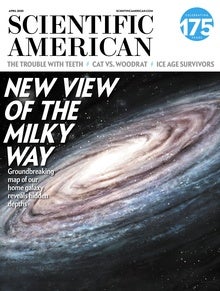

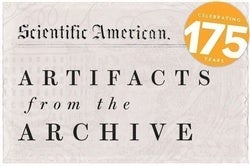


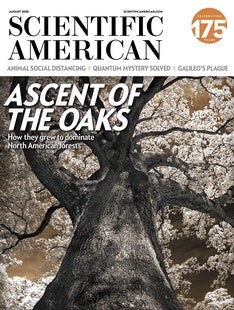
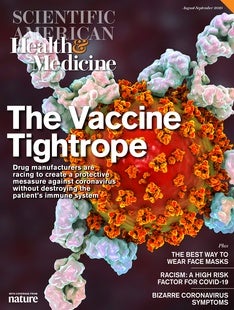
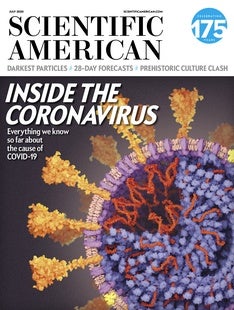



Comments
Post a Comment